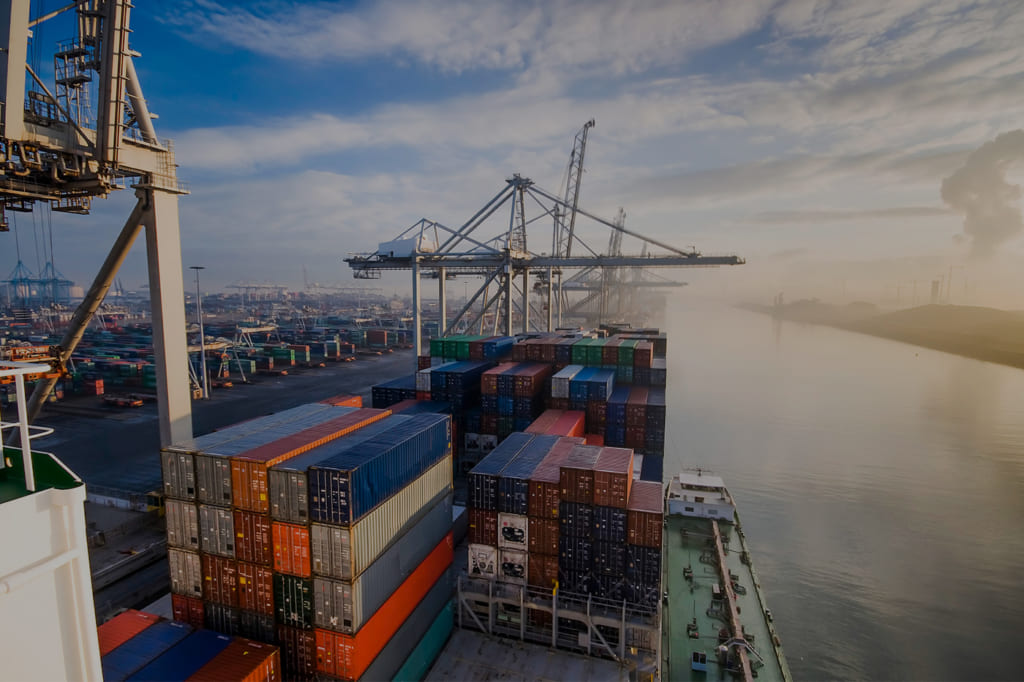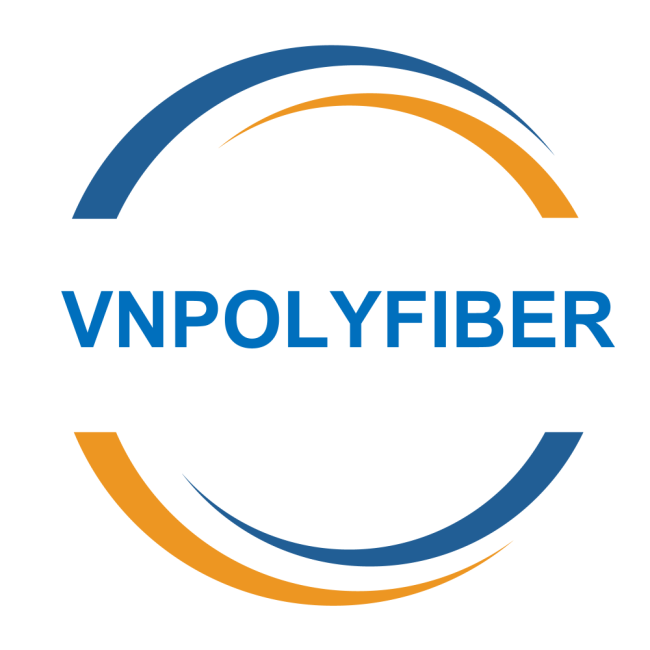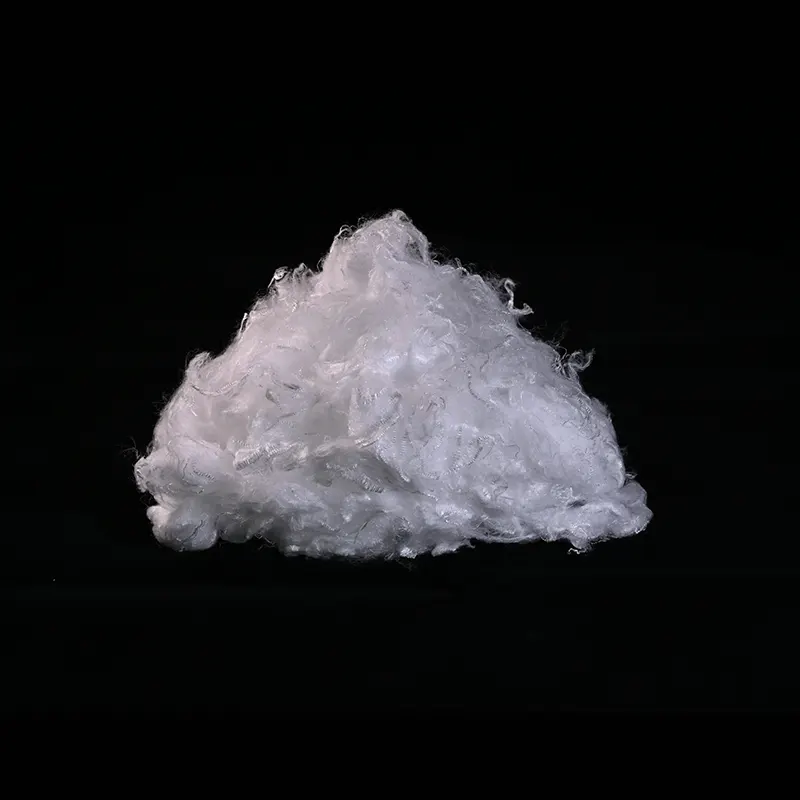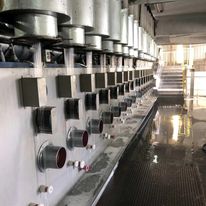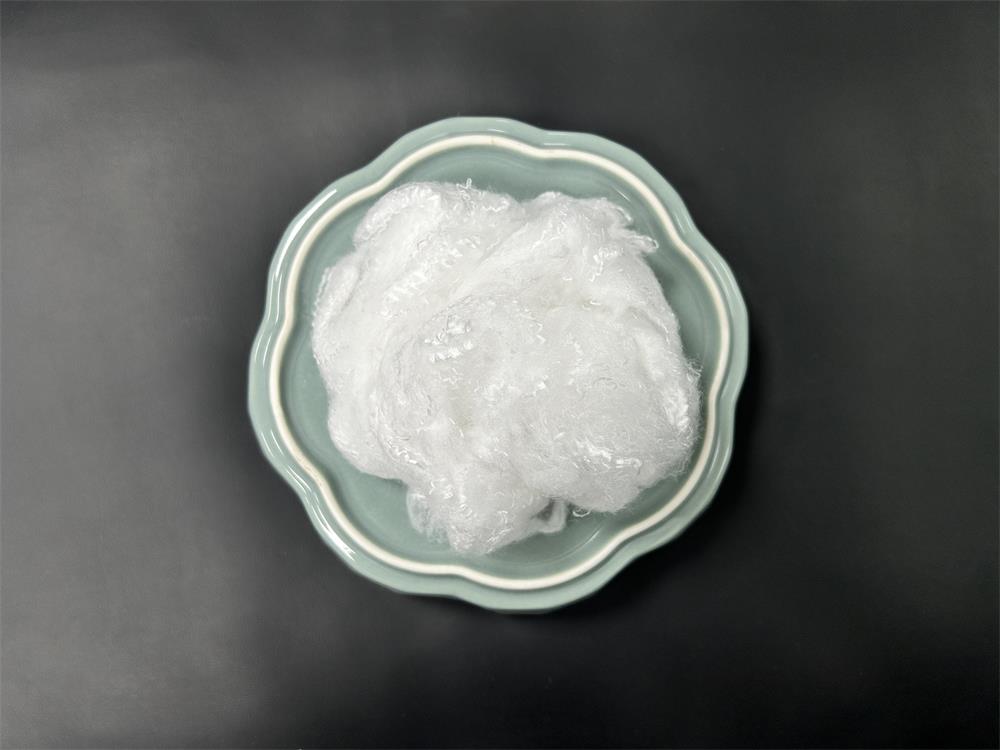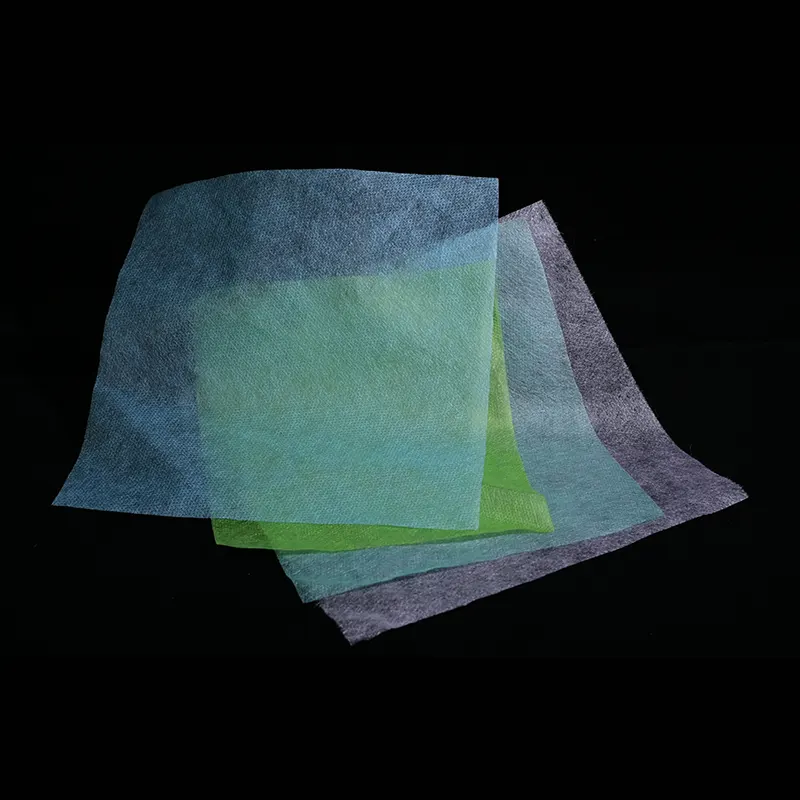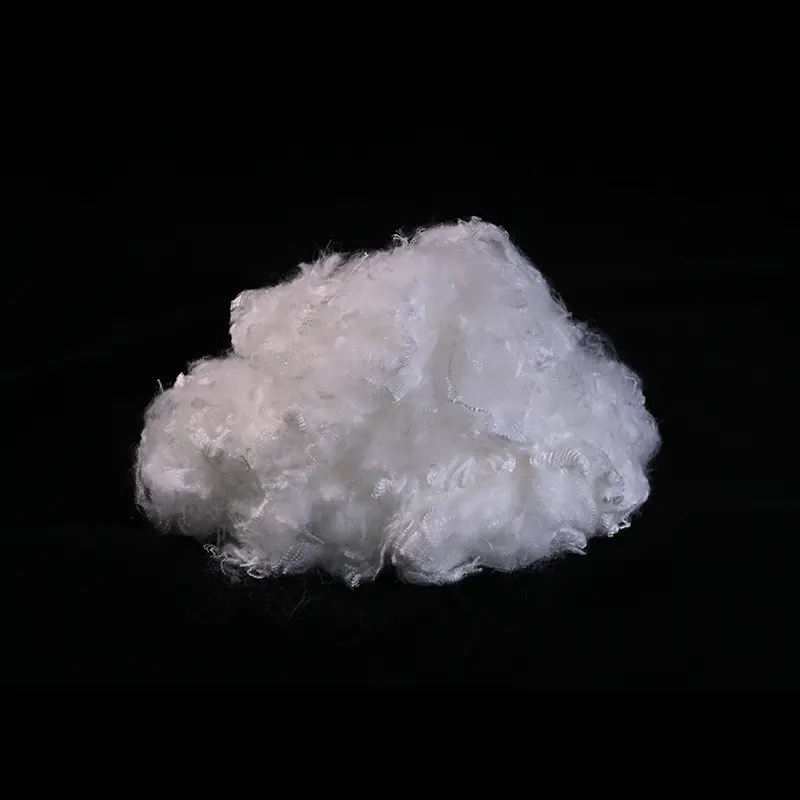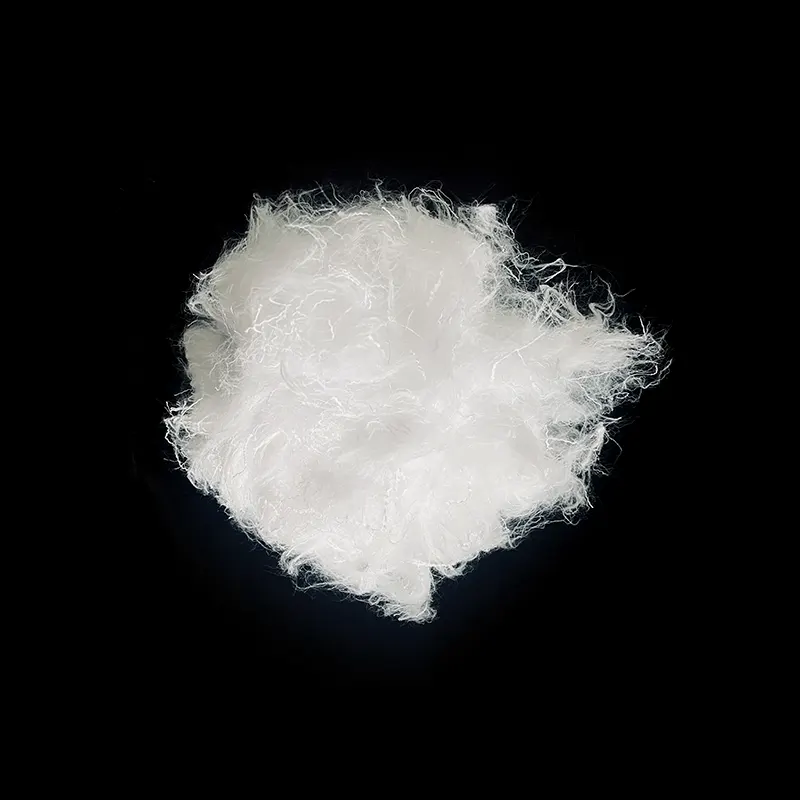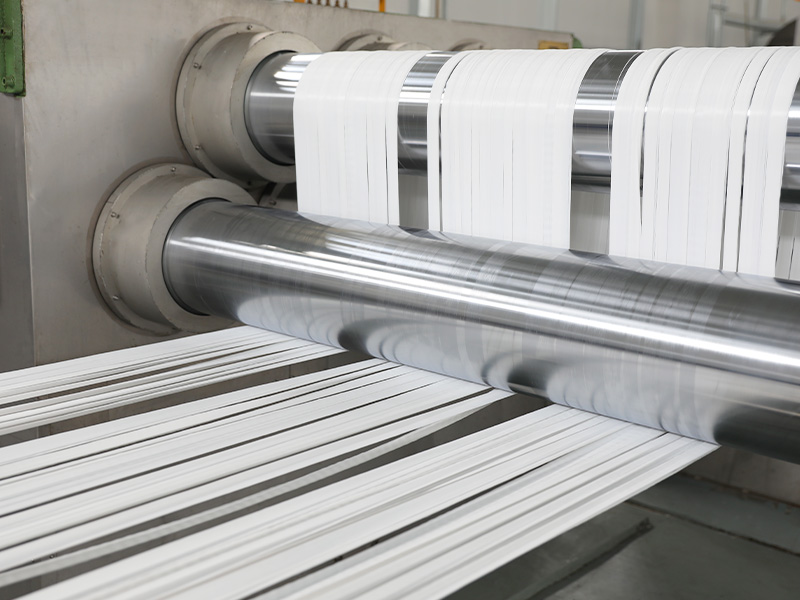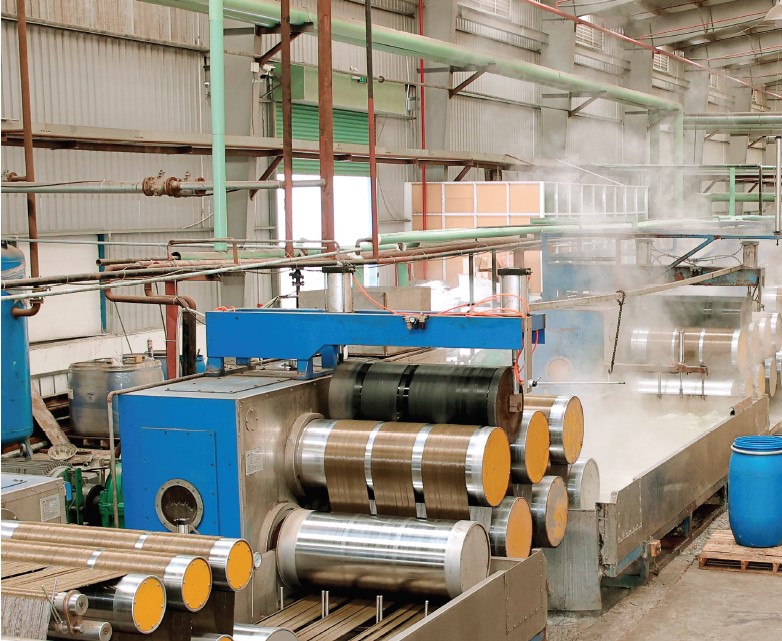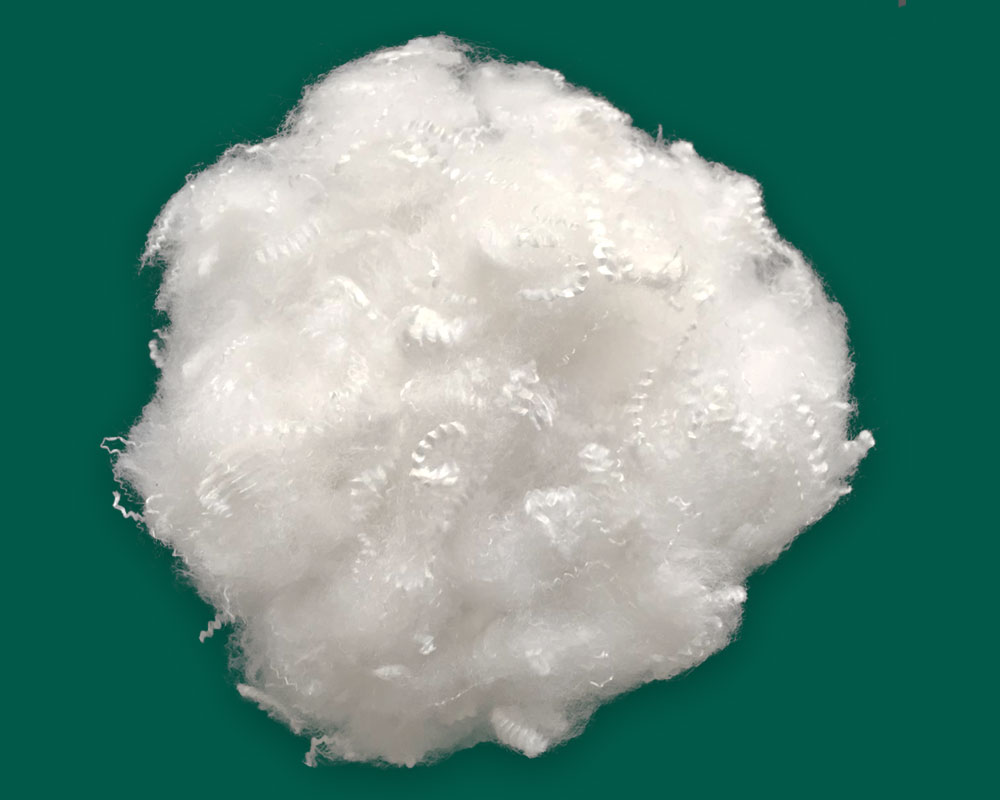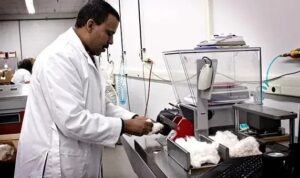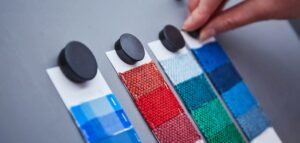Mono PP fiber What is Polypropylene (PP)? Polypropylene (PP): It is a thermoplastic polymer, known for its versatility, chemical resistance, and durability. It is one of the most commonly used plastics in the world, found in everything from packaging materials to automotive parts and textiles. Characteristics of PP: Lightweight: PP has a low density, making…
Search Results for: 1
U.S. International Trade Commission just released its third review publication no. 5456 to shed a light about US import of polyester staple fiber from China in the last 5 years. VNPOLYFIBER would like to summarize some main points of this review for interested audience. Scope of polyester staple fiber from China The merchandise subject to…
What is Low melting fiber? In the ever-evolving field of textile technology, innovation is driving the future of fabric development. One standout advancement is low-melt polyester fiber, a groundbreaking material with unique properties and a wide range of applications that are reshaping industries and pushing the boundaries of fabric engineering. Low melting point polyester fiber…
PET Spunbond Nonwoven PET (Polyethylene Terephthalate) spunbond nonwoven fabrics are produced through a spunbond process using medium to coarse denier continuous filament fibers. These fabrics are known for their strength, durability, and versatility, making them suitable for a wide range of applications. Spunbond Process: The spunbond process involves extruding molten PET polymer through spinnerets to…
Biodegradable Bicomponent PE/PET Fiber Biodegradable Bicomponent PE/PET Fiber: This fiber features a concentric sheath/core structure, consisting of a low melting point sheath made from Polyethylene and a core material of Polyethylene Terephthalate. It can be produced with standard hydrophilic or hydrophobic spin finishes, and additives are incorporated to enhance its biodegradability. Product Technical Specification Standard…
What is PLA Fiber? Polylactic acid (PLA) is an environmentally friendly, plant-derived thermoplastic. The fiber forming substance is a lactic acid polymer in which at least 85% by weight are lactic acid ester units derived from naturally occuring sugars (sugar beets and corn).Bico PLA with sheath/core structure has property of low melting point 130℃(sheath)and core…
Resumen del Mercado de Fibra de Poliéster El tamaño del mercado mundial de fibras discontinuas de poliéster alcanzó los 22.800 millones de dólares en 2022. Mirando hacia el futuro, IMARC Group espera que el mercado alcance los 30,5 mil millones de dólares en 2028, exhibiendo una tasa de crecimiento (CAGR) del 5,15% durante 2023-2028. En…
IMPORTANT NOTICE VNPOLYFIBER does not appoint or authorize any agents or representatives in Viet Nam or overseas to approach new enquiries and to present us in the export of polyester fiber. All export sales of our fiber are handled directly by Mr. Tony Tan. Lately, there have been cases of unauthorized parties sending messages to…
Centro de Asia de fibra de poliéster reciclado – Más allá de Vietnam Como uno de los proveedores más confiables de FIBRA CORTADA DE POLIÉSTER, nos gustaría ser examinados por su empresa para estar en la lista de sus proveedores. Proveedor de fibras similares al algodón de países asiáticos. Exportamos fibra artificial, fibra similar al…
What are fibers? Fibers are slender elements that have a high length compared to their width. They are known for being flexible and thin. These fibers are composed of macromolecules called polymers, which are made up of monomers. Polymers are stable chemically, while monomers are unstable, leading to their reaction and formation of the polymer….
VNPOLYFIBER - Polyester Fiber Partners from Asia
We are a leading exporter of recycled polyester staple fiber—including hollow conjugated fiber, hollow slick fiber, solid fiber, low melting fiber, and many other polymer fibers since 2017. With a wide-reaching network of trusted suppliers across China, Vietnam, Malaysia, Thailand, and Indonesia, we have successfully exported to over 30 countries, serving more than 200 clients, many of whom have a strong presence in North America, South America, and the EU. We provide One Stop Solution for Polyester Staple Fiber, Nonwoven Fabric and Home Textile Materials